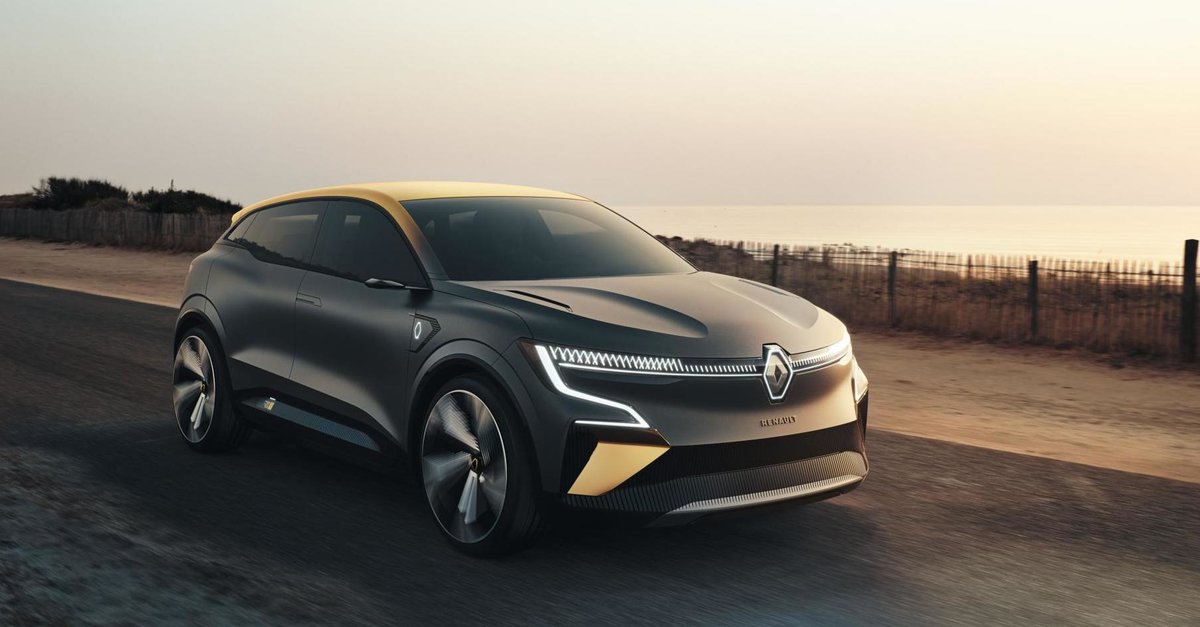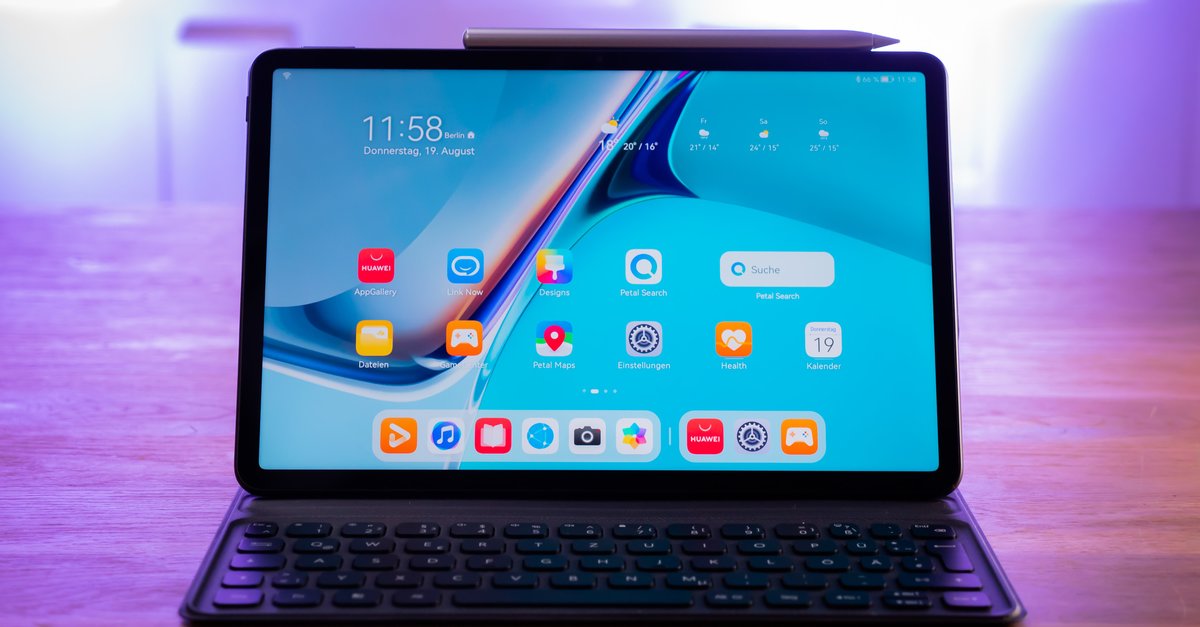That’s why we will soon stop buying cars
E-mobility is not the only change facing the automotive industry; customer habits are also changing. Having one’s own car has long since ceased to have the status it had a few years ago. The beneficiaries are subscription providers. Above all, there is one reason why they are the future of driving.
E-car purchase: Car owners will be in the minority in the future
There is a lot to suggest that this own car a discontinued model is. Certainly there will always be people who would rather buy than look for alternatives. But the industry is preparing for the status quo to shift. Flexible subscriptions – similar to current leasing offers, but not with the aim of ultimately owning the car – should dominate the car market in the future.
There is one compelling reason for the foreseeable end of car purchases: the technological progress is simply too fast. Months, if not years, pass between development and market launch of a new car. So the actually new car can be out of date on the first day of sale. Who else wants to buy there? Smartphone buyers know the phenomenon all too well, a particularly curious by-product of this development is the postponement of the latest James Bond film, in which, thanks to the corona pandemic, a Nokia smartphone that is no longer particularly up-to-date could have been seen.
For cars, whether electrically powered or with a classic combustion engine, the solution is: flexible subscriptions. Start-ups brought the idea to market, so Business Insider, several of the major German manufacturers have long since jumped on board. In the future, customers should increasingly resort to rental cars by subscription. This should include all costs except for electricity or fuel, including insurance, taxes and maintenance costs.
Typical misconceptions about e-cars in the video:
Subscription models have advantages for customers and providers
This means that customers can always have an up-to-date vehicle available. Changing the car depending on the season is also conceivable. In these cases, the subscription provider will take care of the appropriate tires. All of this is possible and would benefit providers and consumers. Drivers save unnecessary costswhen the car is not used for a long time. For the manufacturers it means less profit because subscription prices are lower than purchase prices. Therefore they generate more regular income, which is particularly advantageous in economic crisis situations such as the corona pandemic.
The rapid development is one of the reasons that already more and more car manufacturers rely on software updatesto keep their vehicles up to date – or so that customers can activate additional offers such as entertainment service packages for a surcharge. Tesla has been following this path practically from the start and has paved the way for the other manufacturers to a certain extent. Volkswagen wants to put its own software at the center of its corporate strategy in the future. And Ford has already announced so-called “over the air” updates. Stricter climate protection regulations and a move away from private mobility do the rest to herald the end of car buying.



